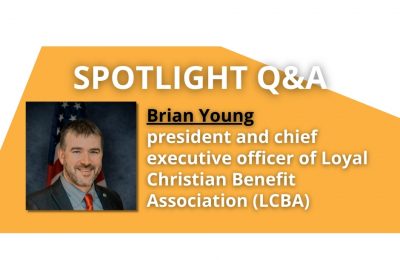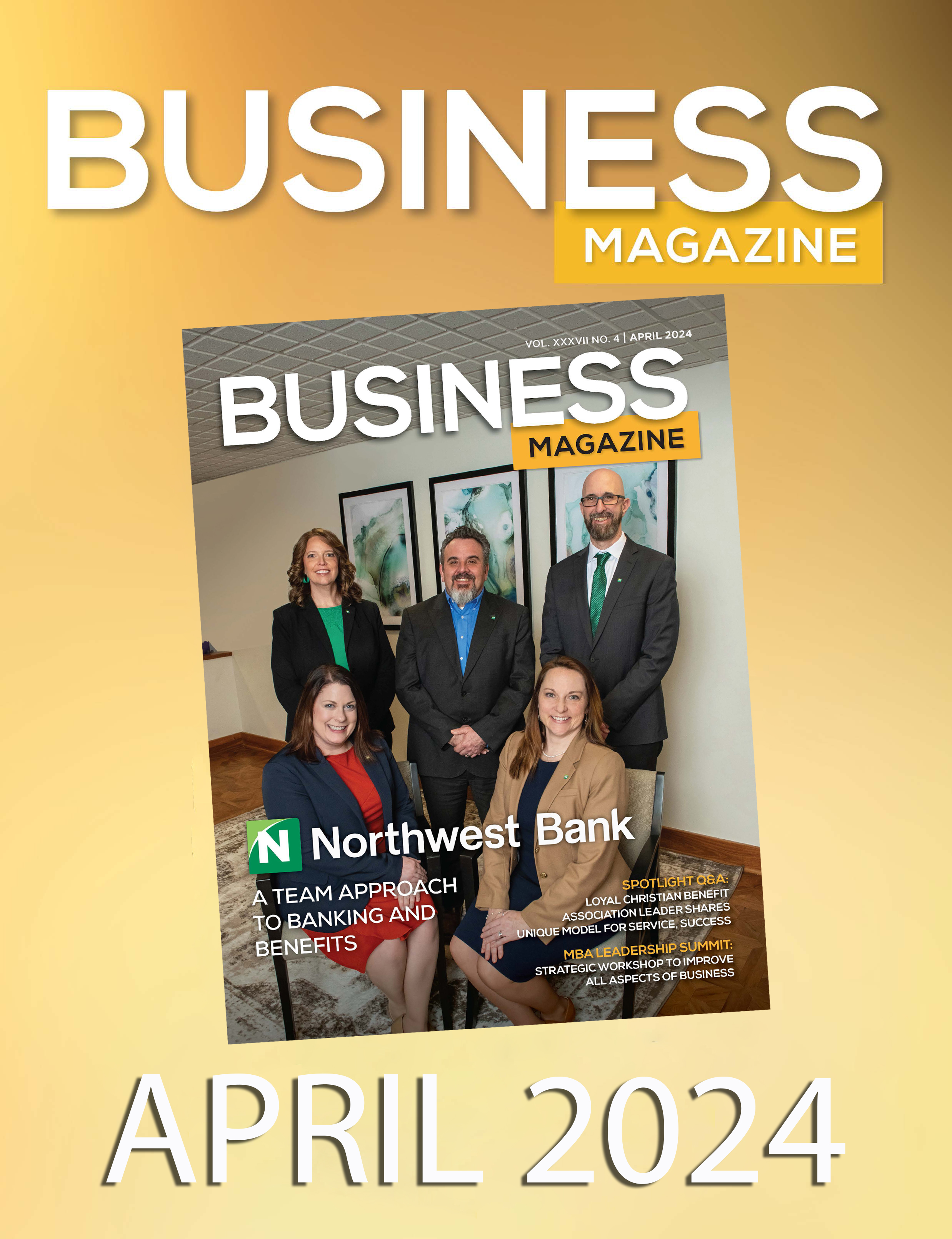 Matthew W. Fuchs is a partner at MacDonald Illig Attorneys. He has represented businesses and individuals in a wide variety of commercial disputes, including breach of contract actions, shareholder disputes, patent and trademark infringement and tax sale and quiet title litigation.
Matthew W. Fuchs is a partner at MacDonald Illig Attorneys. He has represented businesses and individuals in a wide variety of commercial disputes, including breach of contract actions, shareholder disputes, patent and trademark infringement and tax sale and quiet title litigation.
Elizabeth agrees to sell her collection of rare British coins to Charles. Elizabeth lives in New York City and hires William, a common carrier, to deliver the coins to Charles, who lives in San Francisco. After picking up the coins and loading them on to a tractor trailer, William’s employee, Harry, stops at a truck stop outside of Chicago to shower. When he returns to the parking lot after about an hour, Harry discovers that his trailer is missing. FBI agents find the empty trailer five days later in a parking lot in Nashville. There is no sign of the coins. After learning of the coins’ disappearance, Elizabeth files a lawsuit against William seeking to recover the value of the coins, which she claims to be in excess of $250,000.
Not only do these facts make for the plot of a straight-to-video heist film, they highlight an important issue that carriers and shippers should understand — freight loss liability. This article takes a look at the Carmack Amendment, 49 U.S.C. § 14706 et seq., a federal law that governs claims for damage or loss incurred during the interstate shipment of goods and discusses its application to the above scenario.
Carmack Amendment
The goal of the Carmack Amendment is to establish a uniform national liability system for interstate carriers that provides certainty for both carrier and shipper. The amendment preempts all state and common law claims, such as breach of contract, negligence and fraud, and provides the exclusive remedy to shippers for damage or loss that occurs during interstate transit.
The Carmack Amendment does not impose strict liability on carriers for damage or loss that occurs during transit. It does, however, shift the burden of proof from the shipper to establish negligence on the part of the carrier to the carrier to establish its lack of negligence and that one of the following five exceptions caused the damage:
1. Acts of God. A carrier is not liable for damage caused by natural disasters or other physical events beyond the carrier’s control, such as severe weather or a sudden medical emergency that renders the driver incapacitated.
2. Acts of War. This exception has limited application as there have been no wars fought on American soil for more than half a century. It remains open to interpretation whether this exception applies to damage caused by acts of terrorism.
3. Shipper Negligence. A carrier is not liable where the shipper’s negligence contributes to damage or loss during transit. Examples of shipper negligence include improper packaging, labelling or packing of a shipment.
4. Government Action. A carrier has no control over government policy decisions and, therefore, is not liable for damage or delay caused by government actions, such as road closure or embargo.
5. Perishable Nature of Goods. Some goods, like fruits and vegetables, have a tendency to spoil over time. A carrier is not liable for damage caused by the inherent nature of the goods, unless the carrier’s unreasonable delay contributed to such damage.
Returning to our factual scenario, Elizabeth’s sole legal remedy against William for the loss of the coins is to pursue a claim under the Carmack Amendment. Because theft is not one the exceptions to carrier liability set forth in the amendment, William is likely liable for the loss of the coins.
What, if anything, could William have done to limit his liability? The amendment expressly authorizes liability limitations. The carrier must provide the shipper a reasonable opportunity to accept or deny the proposed limitation. Additionally, the carrier must satisfy other requirements set forth in the amendment. These requirements will be discussed in next fall’s sequel — Freight Loss II: The Carriers Strike Back.
For more information, contact Matthew Fuchs at MacDonald Illig Attorneys at 814/870-7612 or mfuchs@mijb.com.













